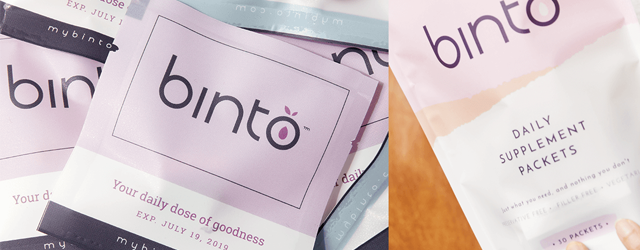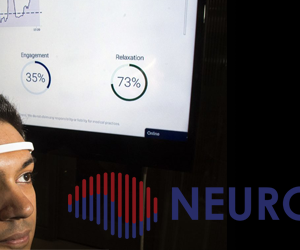There’s a New Crop of Wellness Brands Bringing Women’s Health Care Into the Digital Space
 Conversations about health care in 2018 are — for many reasons — quite fraught. On an individual level, between the all-too-common struggles with insurance, far-off appointment dates, excessive wait times, lack of communication and clarity with various providers and access to medications (with fluctuating costs), there’s no denying that there’s a lot of work to be done to ensure people, and women especially, have access to the best care possible.
Conversations about health care in 2018 are — for many reasons — quite fraught. On an individual level, between the all-too-common struggles with insurance, far-off appointment dates, excessive wait times, lack of communication and clarity with various providers and access to medications (with fluctuating costs), there’s no denying that there’s a lot of work to be done to ensure people, and women especially, have access to the best care possible.
As healthcare becomes an even more rapidly expanding industry, a slew of companies in the tech space has sought to re-imagine the way patients access medical services — with an aim toward catering to millennial and Generation Z consumers, of course. But more than just providing Instagrammable vitamins and superfoods, there’s also a relatively new wave of companies focusing on widening the reach, accessibility, and effectiveness of telemedicine. Their aim is to disrupt the system as we know it and connect consumers with actual medical services, real doctors and prescriptions at inexpensive prices — without requiring patients to even to leave the house.
Listening to and providing more reliable options for women is also the mission of fellow telemedicine startup Binto, a Pennsylvania-based company founded by Suzie Welsh in 2016. The monthly subscription service aims to connect women with on-demand health professionals and personalized over-the-counter products — like prenatal vitamins, probiotics and organic feminine care products — addressing everything from period support and hormonal health to fertility and prenatal care and symptoms experienced during menopause.
When Welsh, whose background is as an IVF and fertility nurse, was working at a fertility clinic, she was given a firsthand look at just broken the United States healthcare system truly is, specifically for women.
“There was just a general lack of access to care,” explains Welsh. “Most women are waiting well over six weeks, if not over three month, to get in to see an OBGYN, and it’s just because we’re seeing a lack of people specializing out of medical school as a national trend.” Because of the severe lack of access, Welsh also noticed an accompanying wave of confusion for many women who weren’t granted timely access to care for what most times would be a basic health question. “Women would turn to Google for everything,” she says. Binto was conceived of as the accessbile alternative to that.
Personalization is a tentpole of Binto’s business; the user process begins by completing a health survey, which kicks off by asking what they’re looking for out of the service. From there, users choose from four categories, including help with period symptoms, support for trying to get pregnant, support for pregnancy and support for menopause or post-menopause. After a series of follow-up questions ranging from diet to daily personal struggles, the algorithm (powered by Binto medical professionals) recommends a variety of supplements specific to the user’s concerns and needs. A monthly supply of supplement packets — which are vegetarian, organic where possible, non-GMO and free of gluten and preservatives — is then be sent directly to the user’s door for $50 and can be adjusted at any time without any added fees.
Read the full article here.




